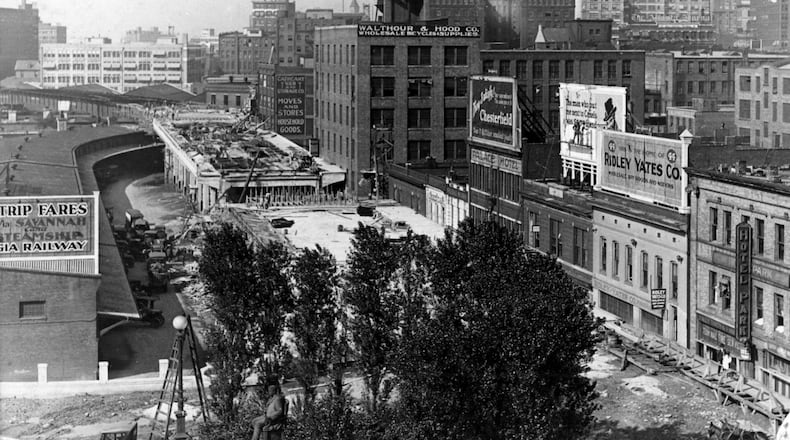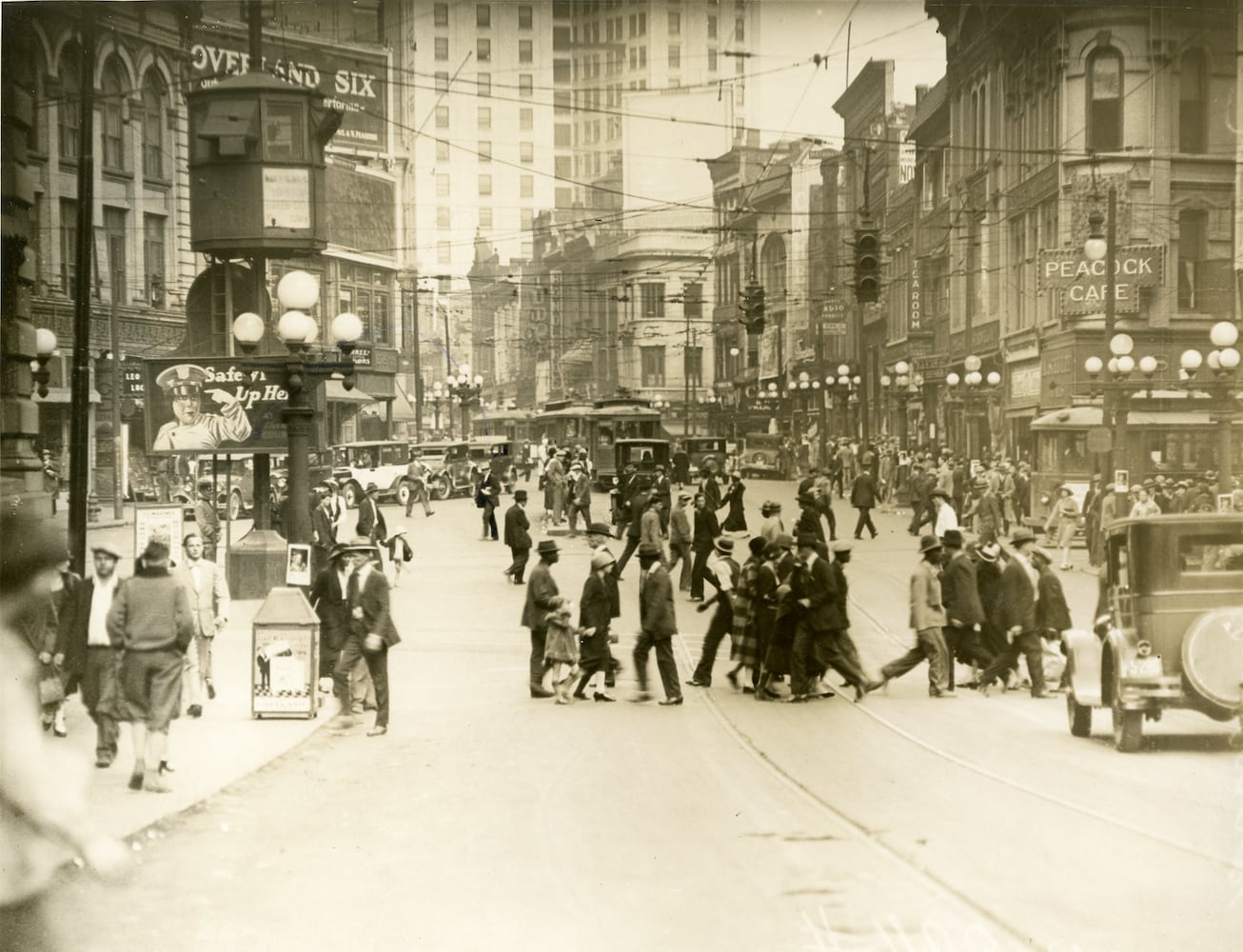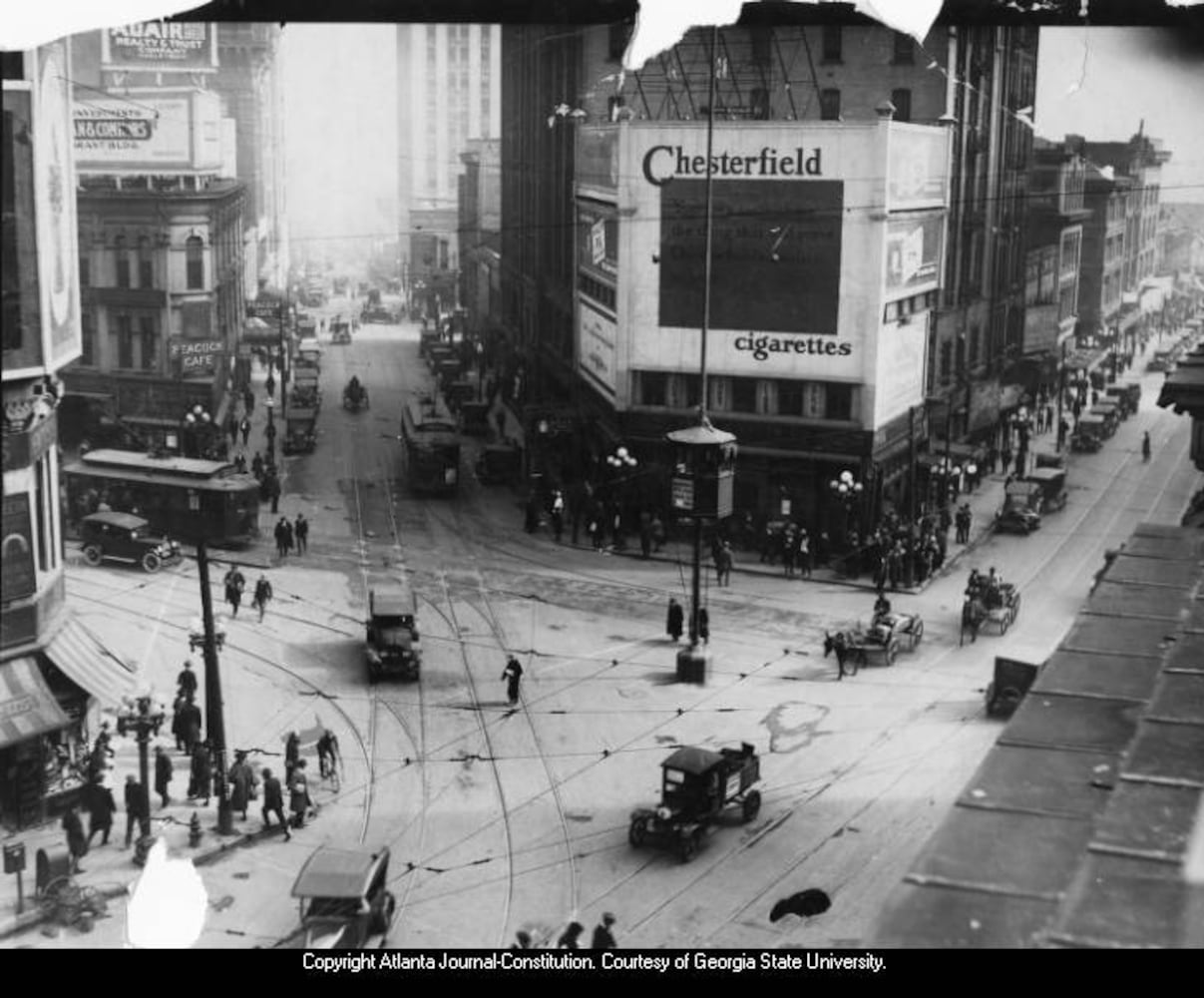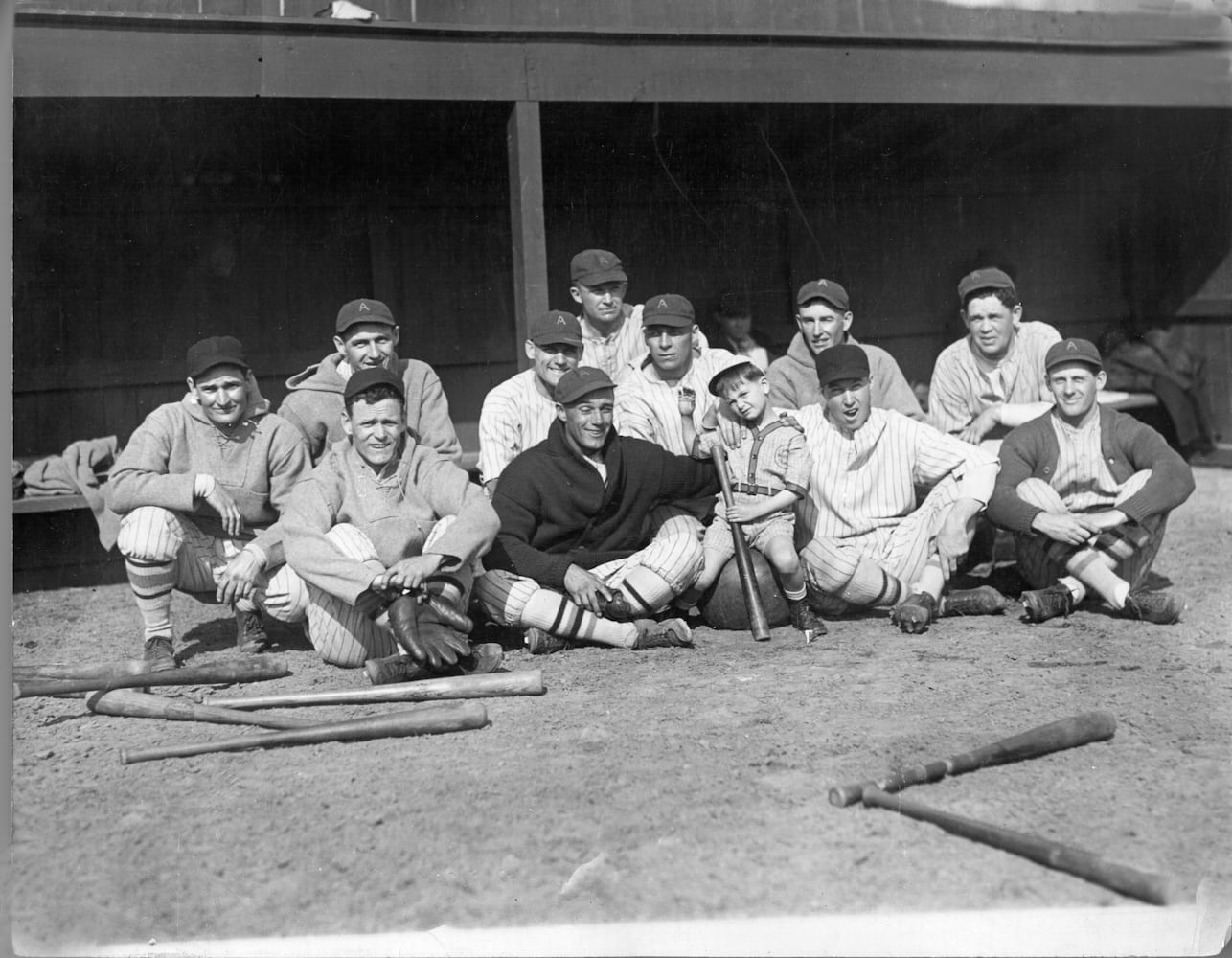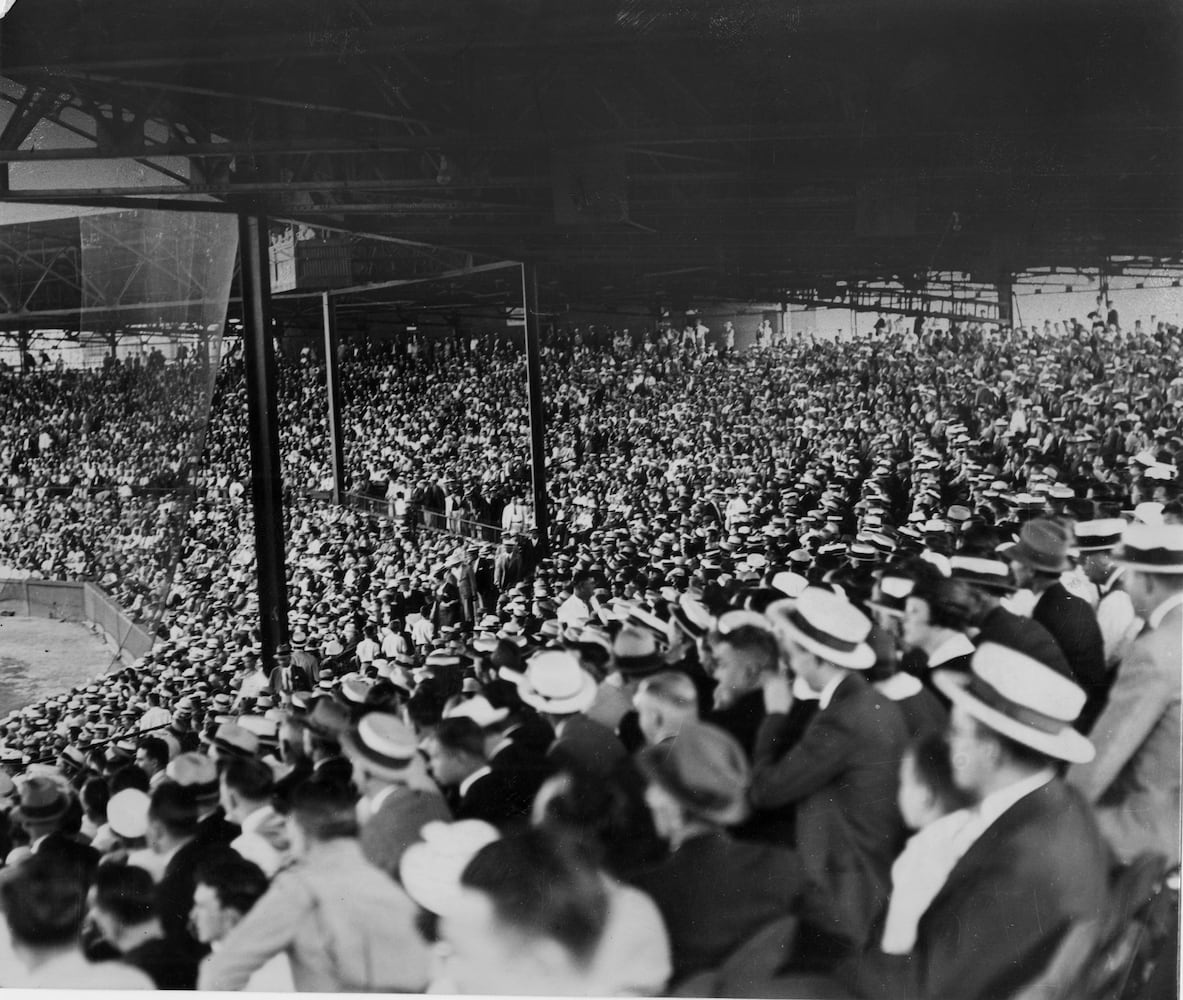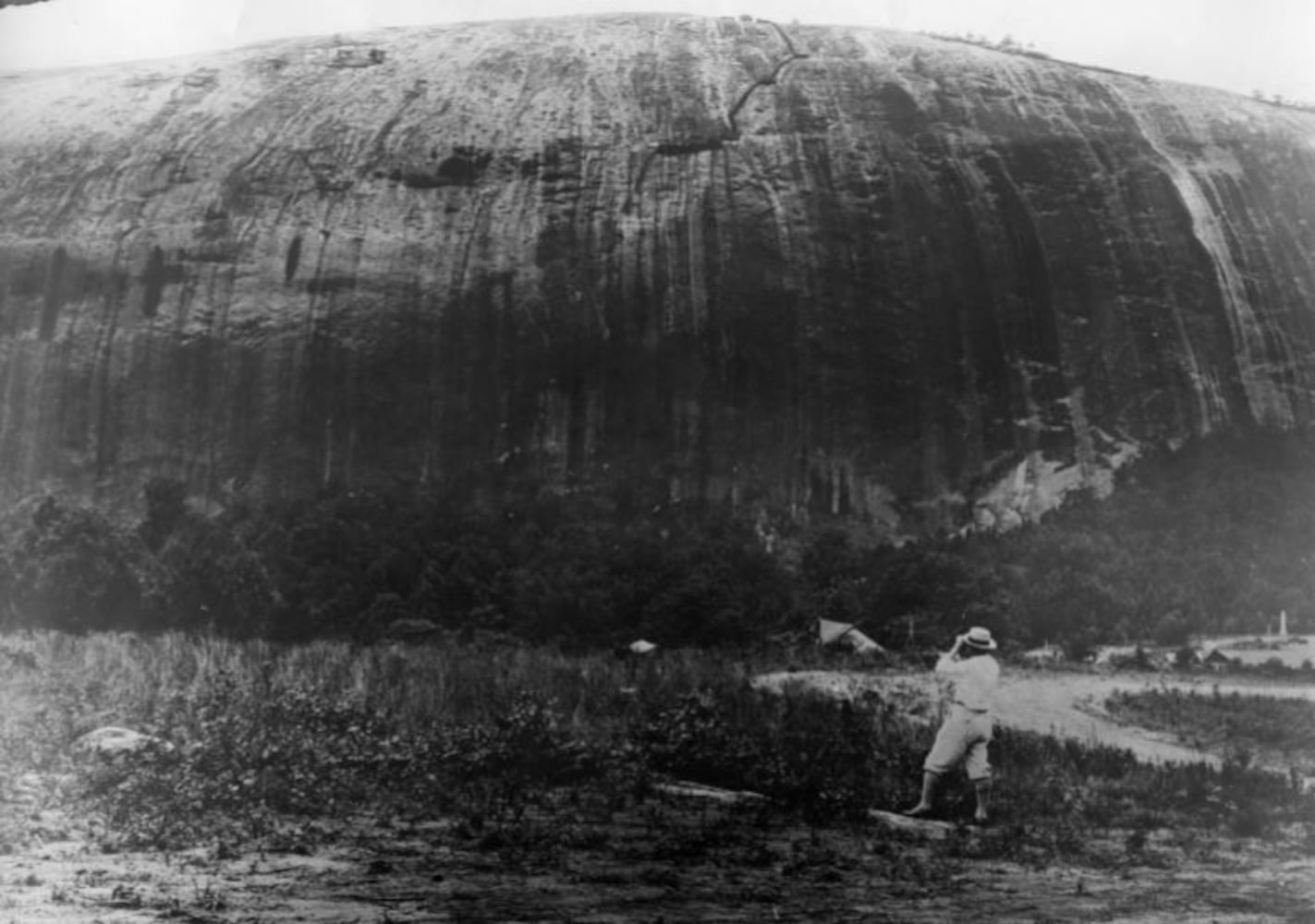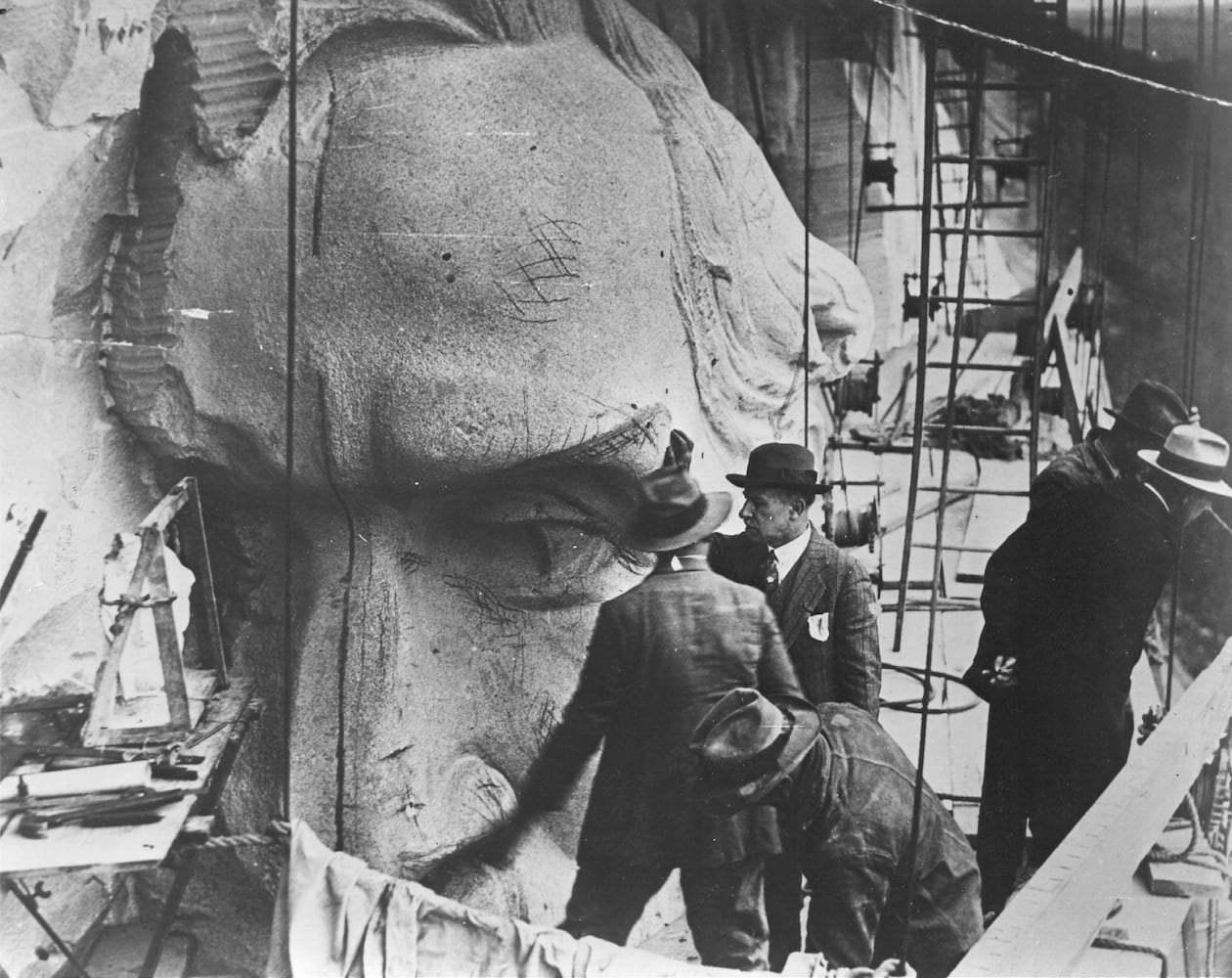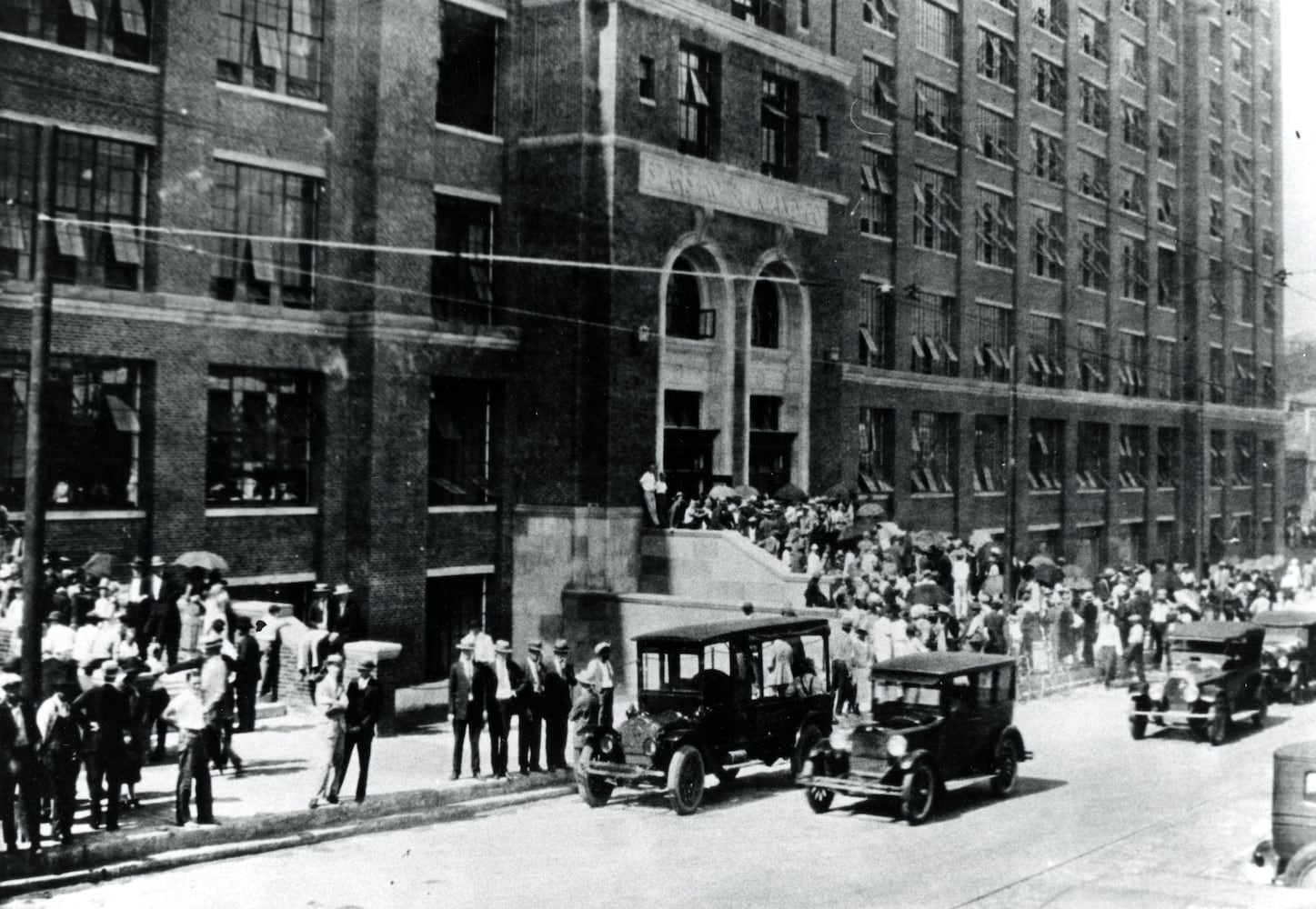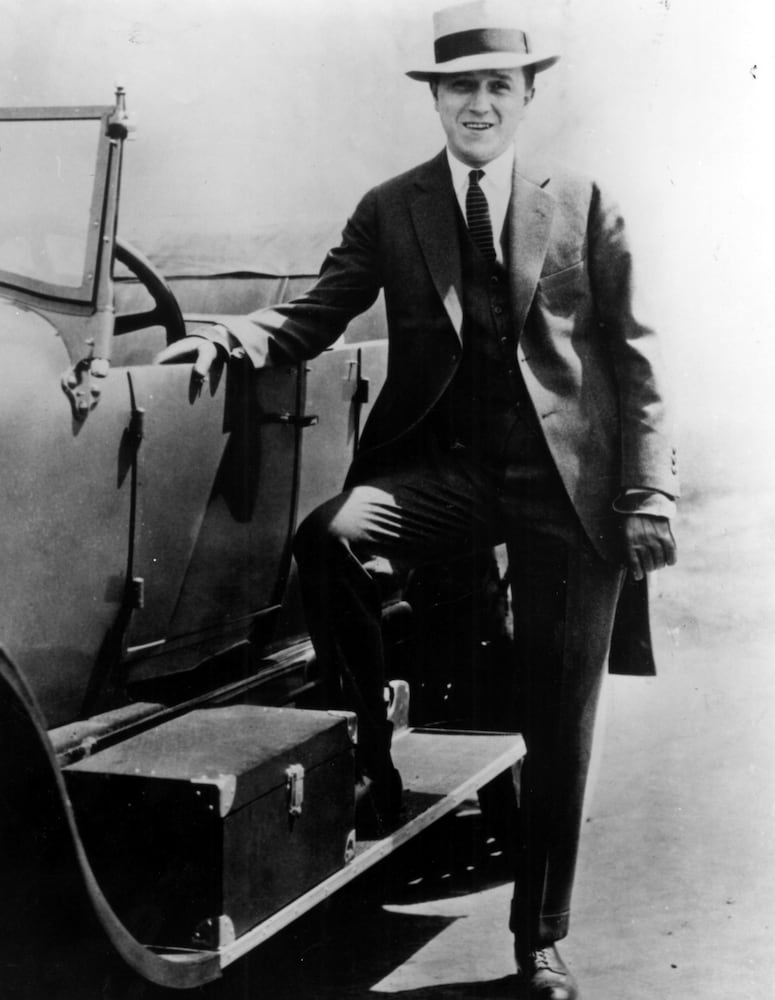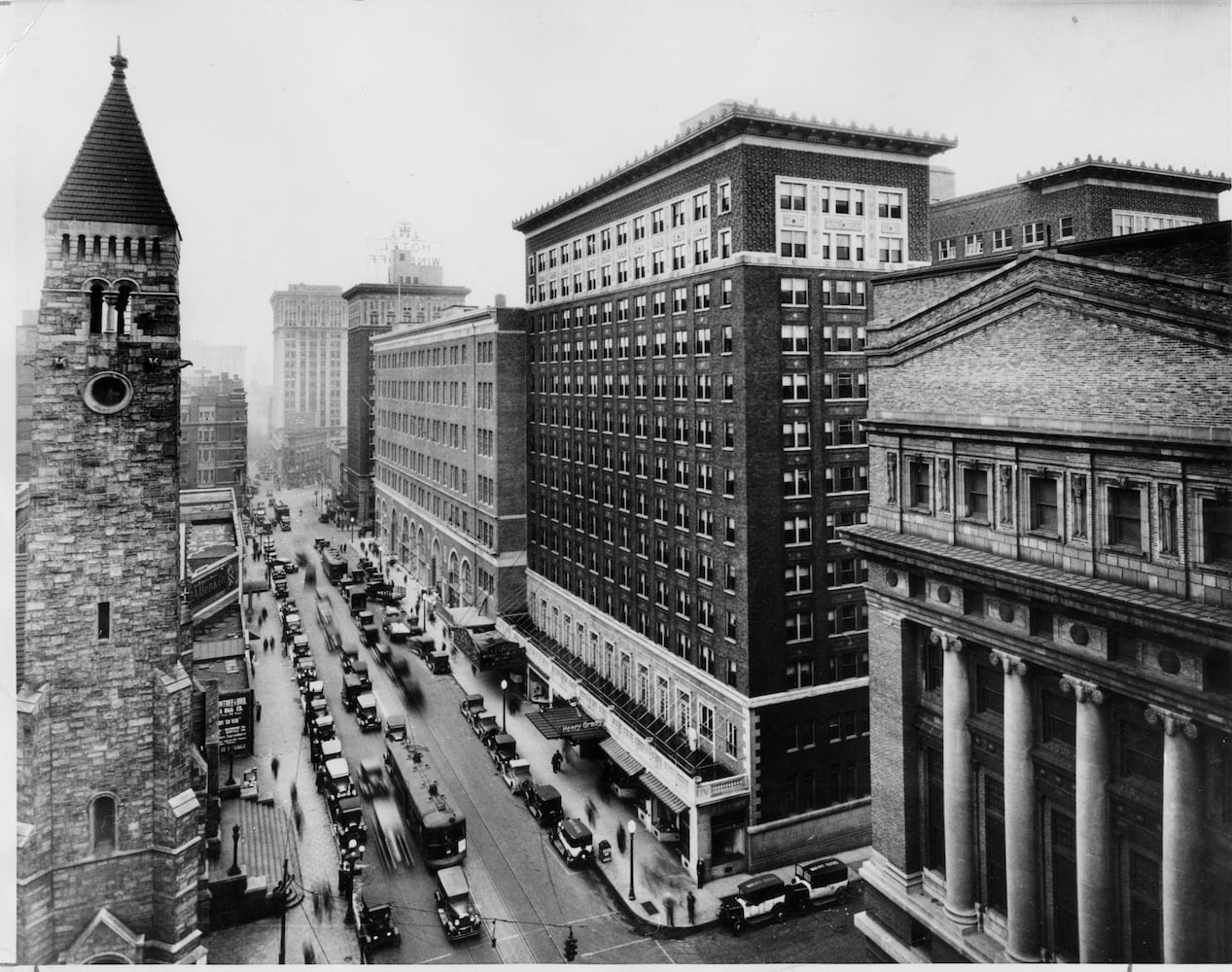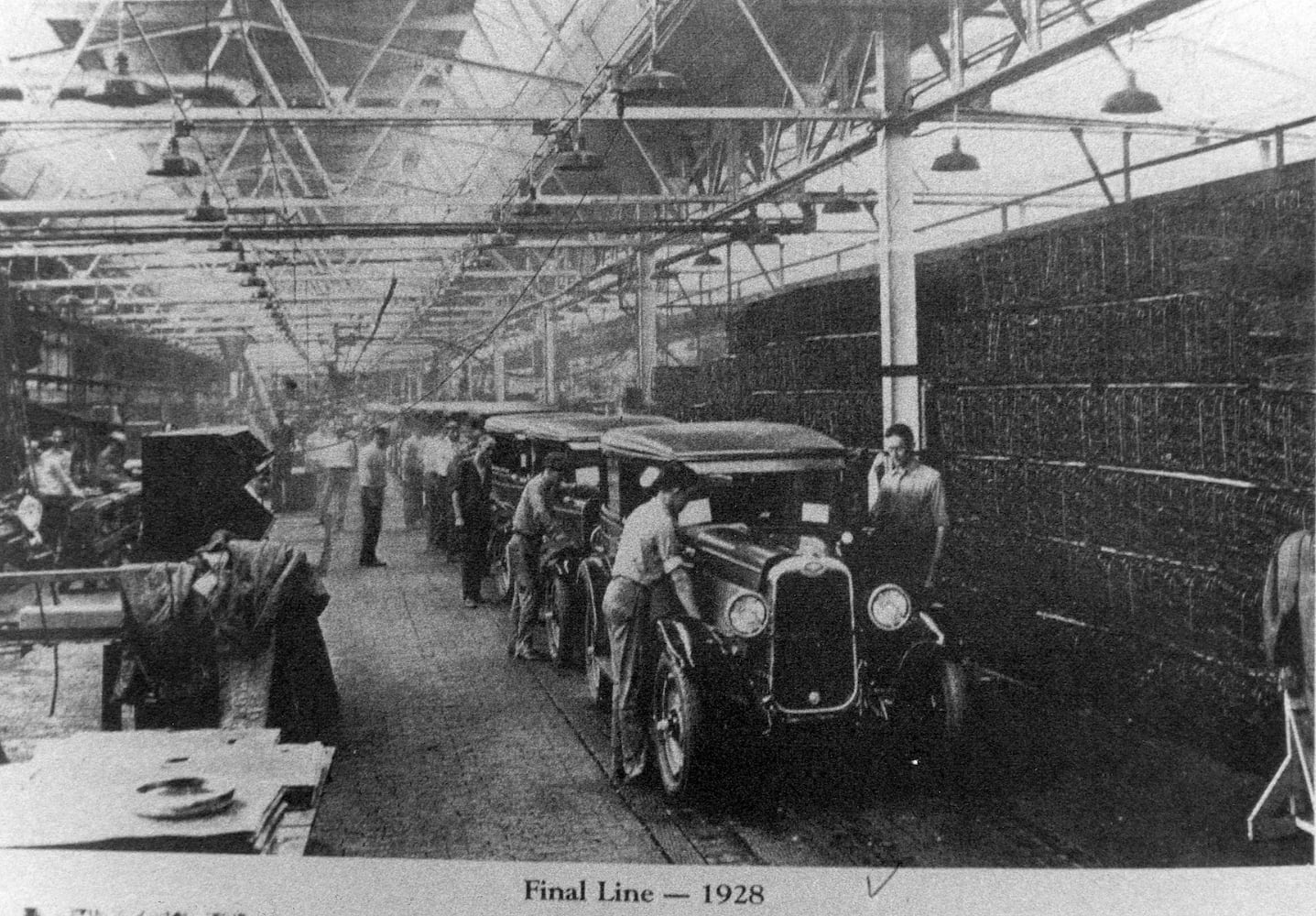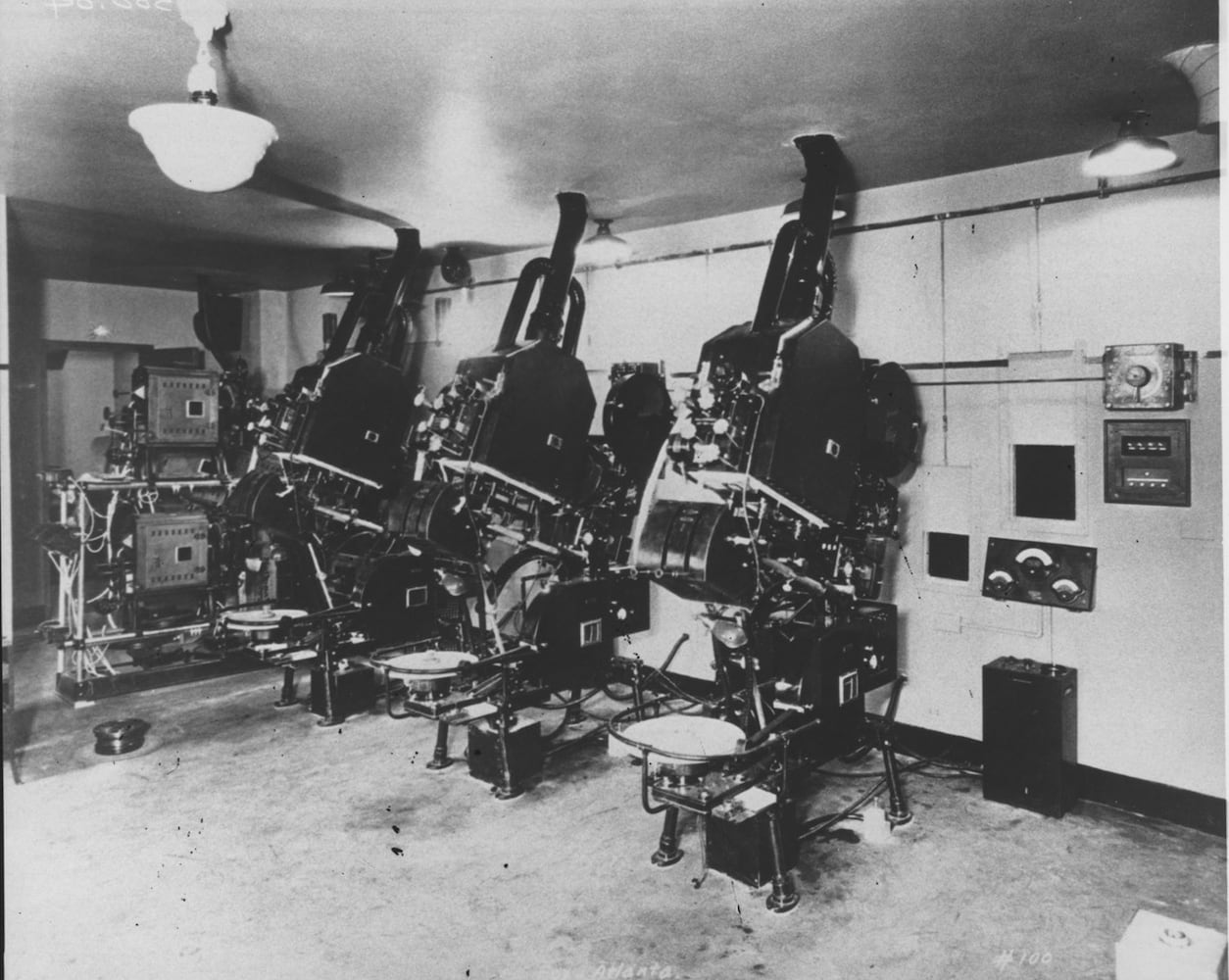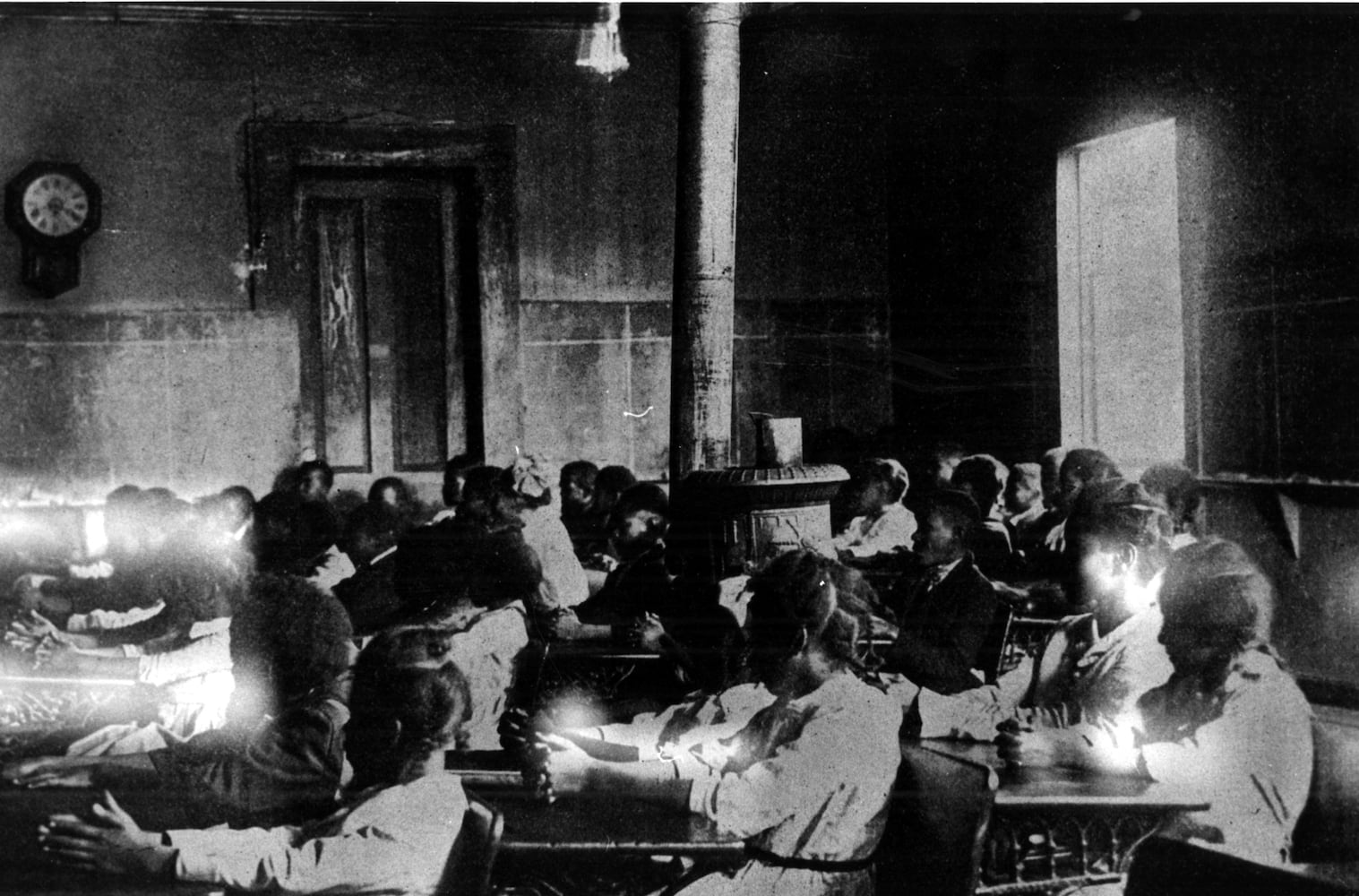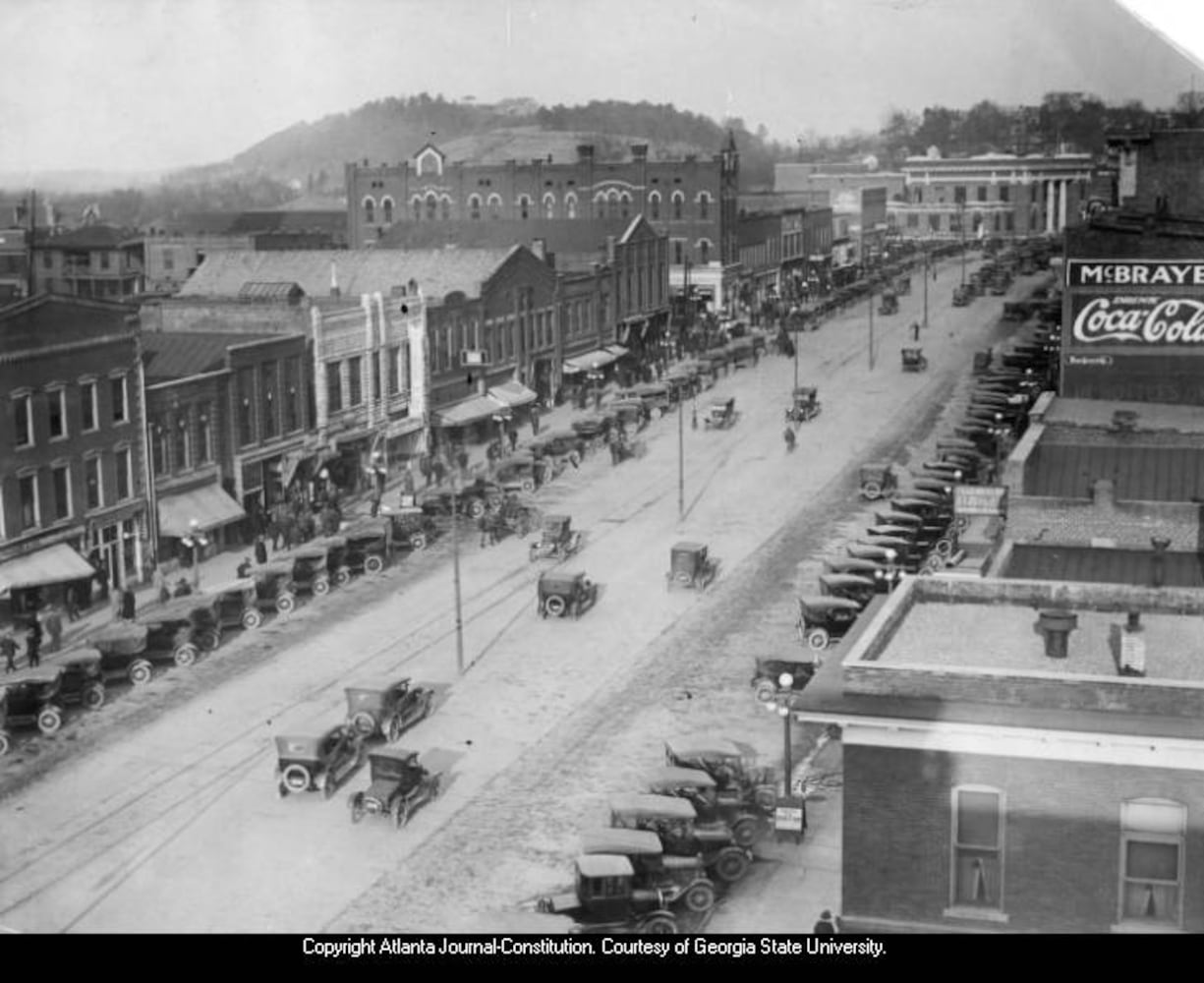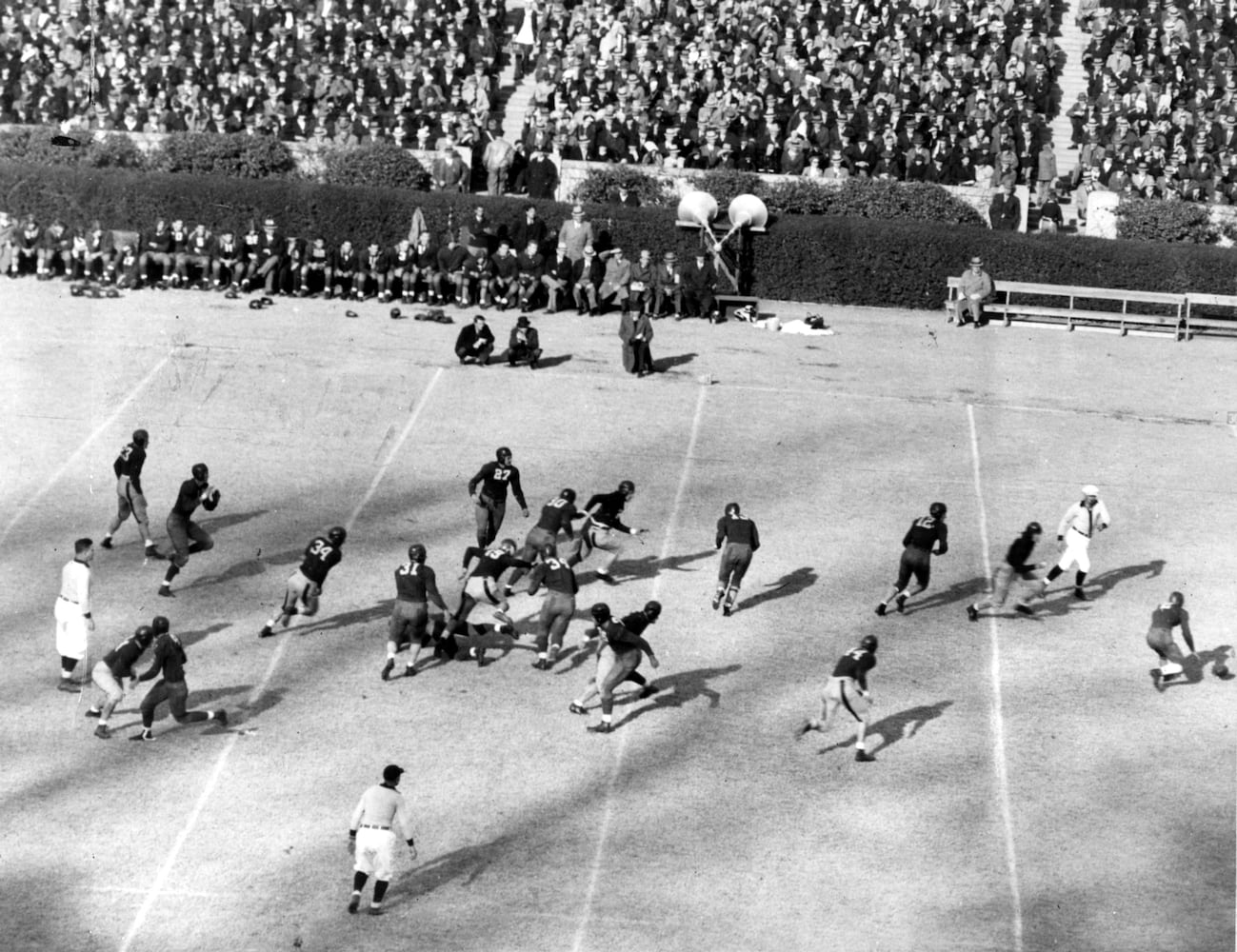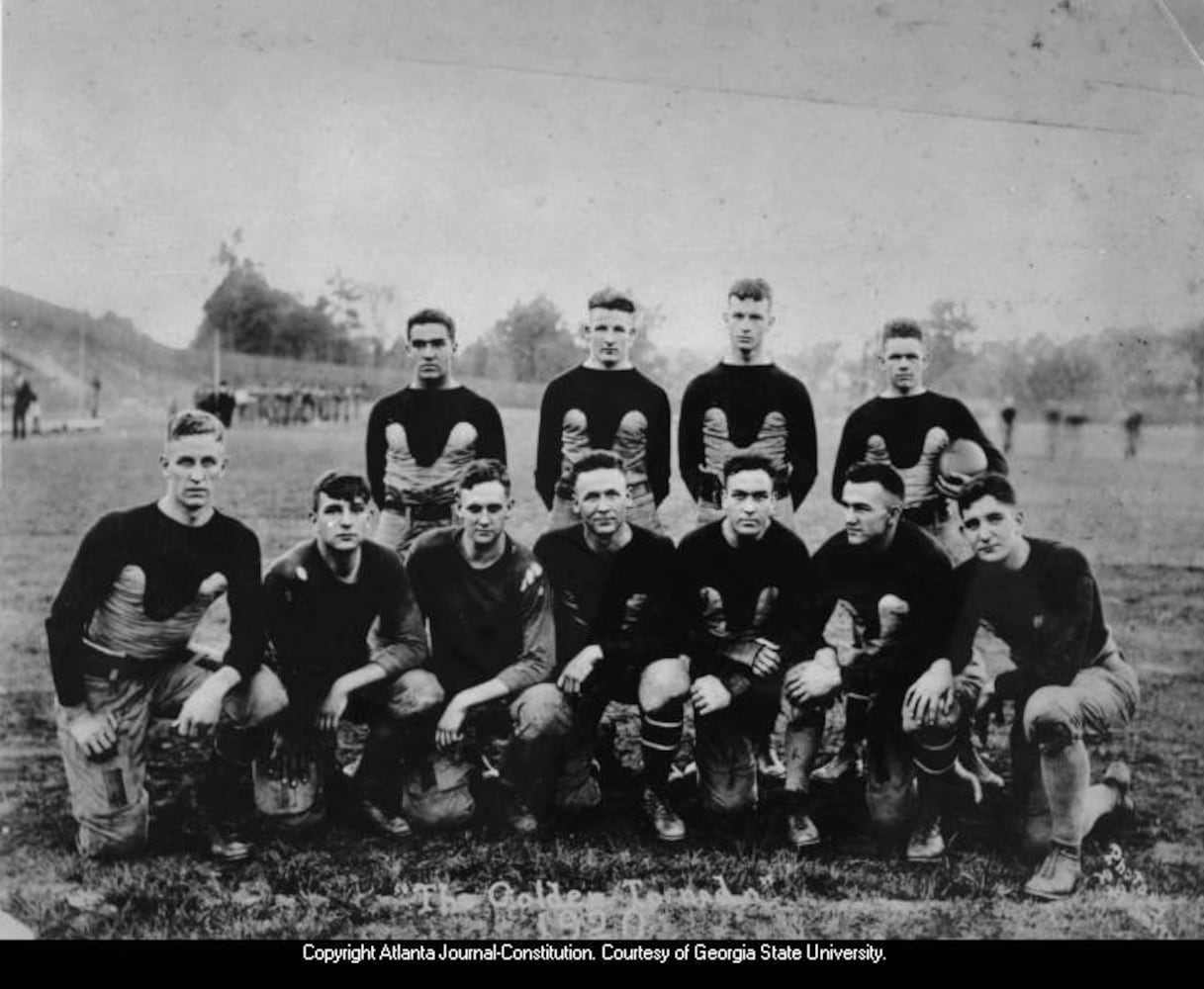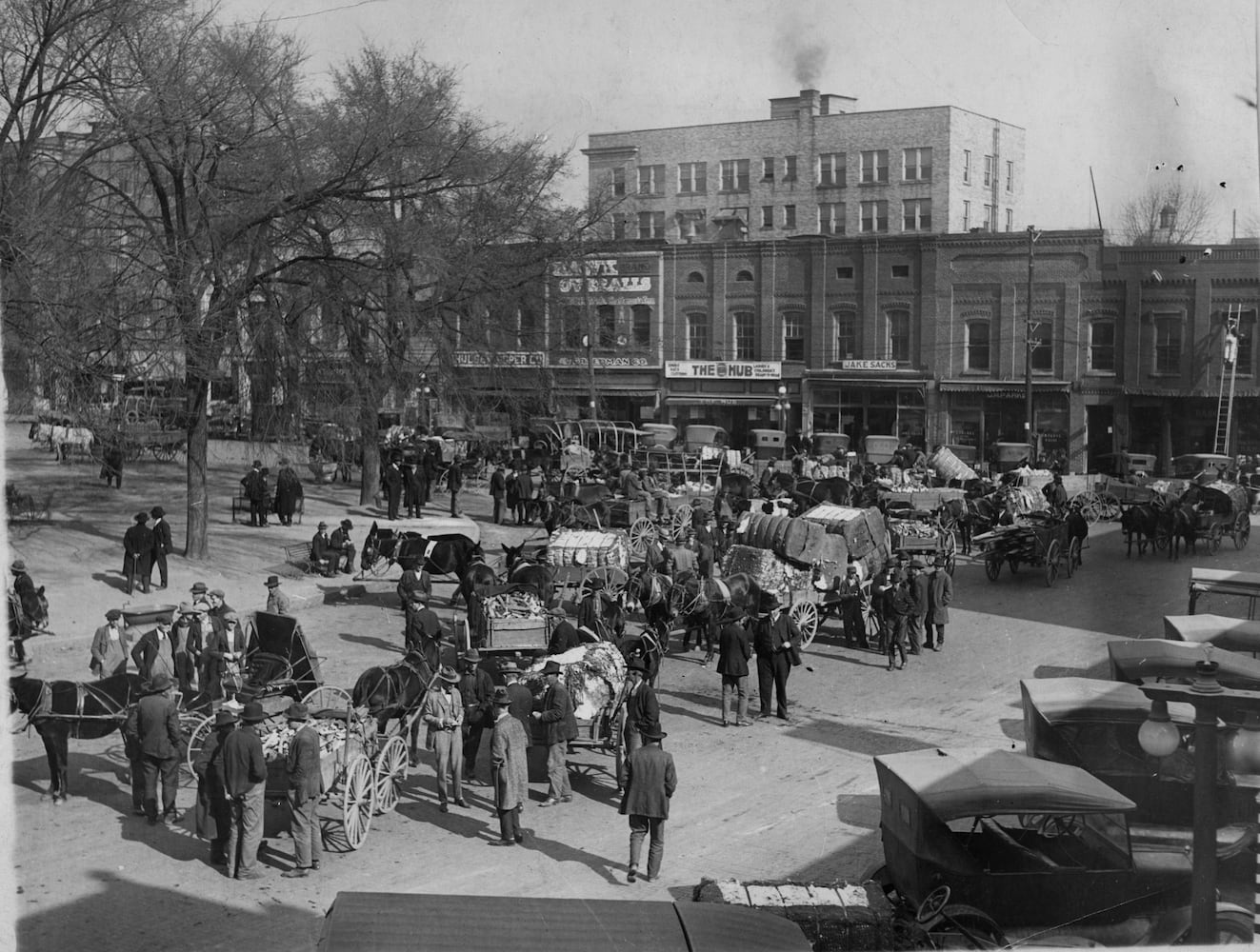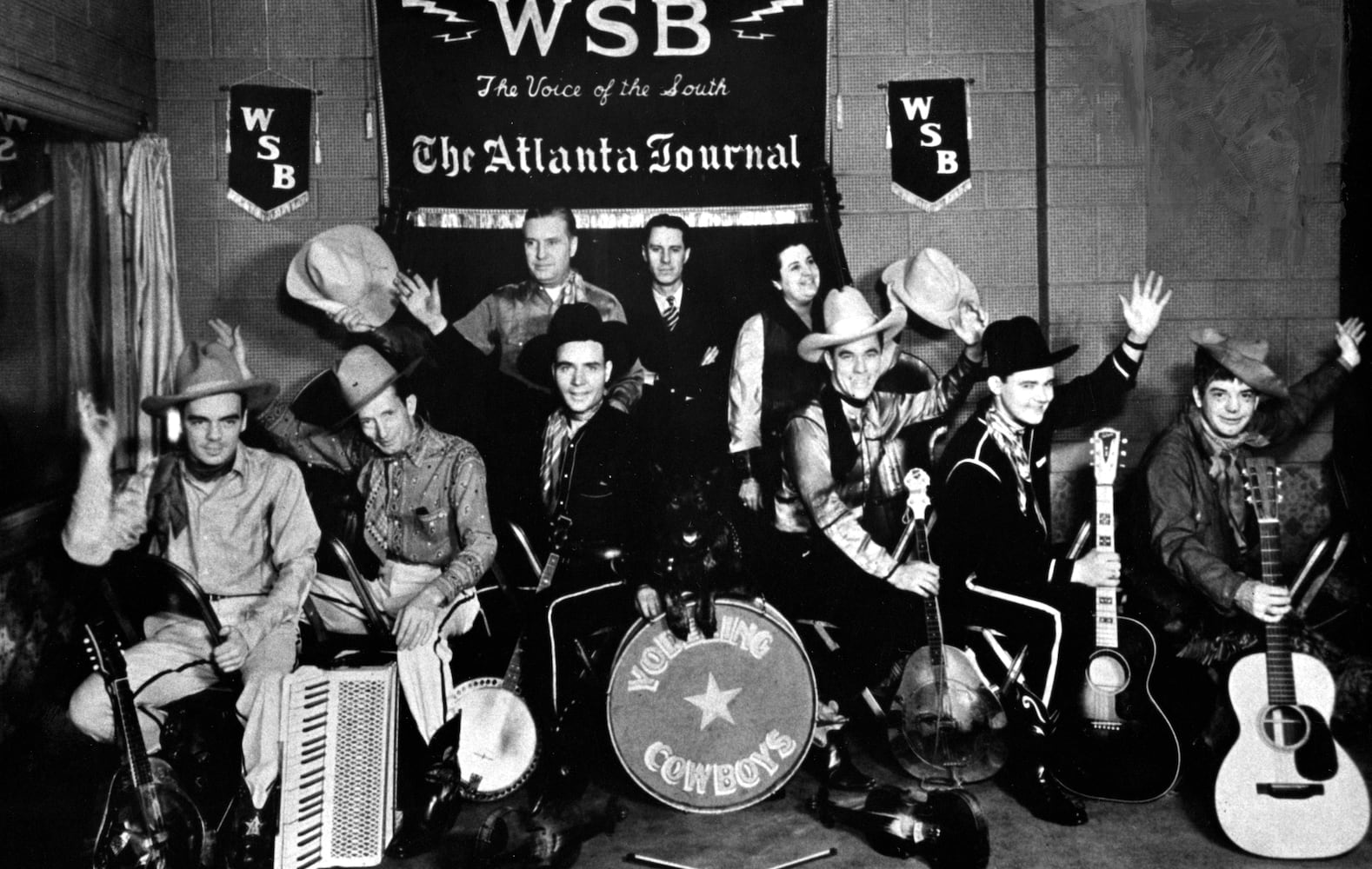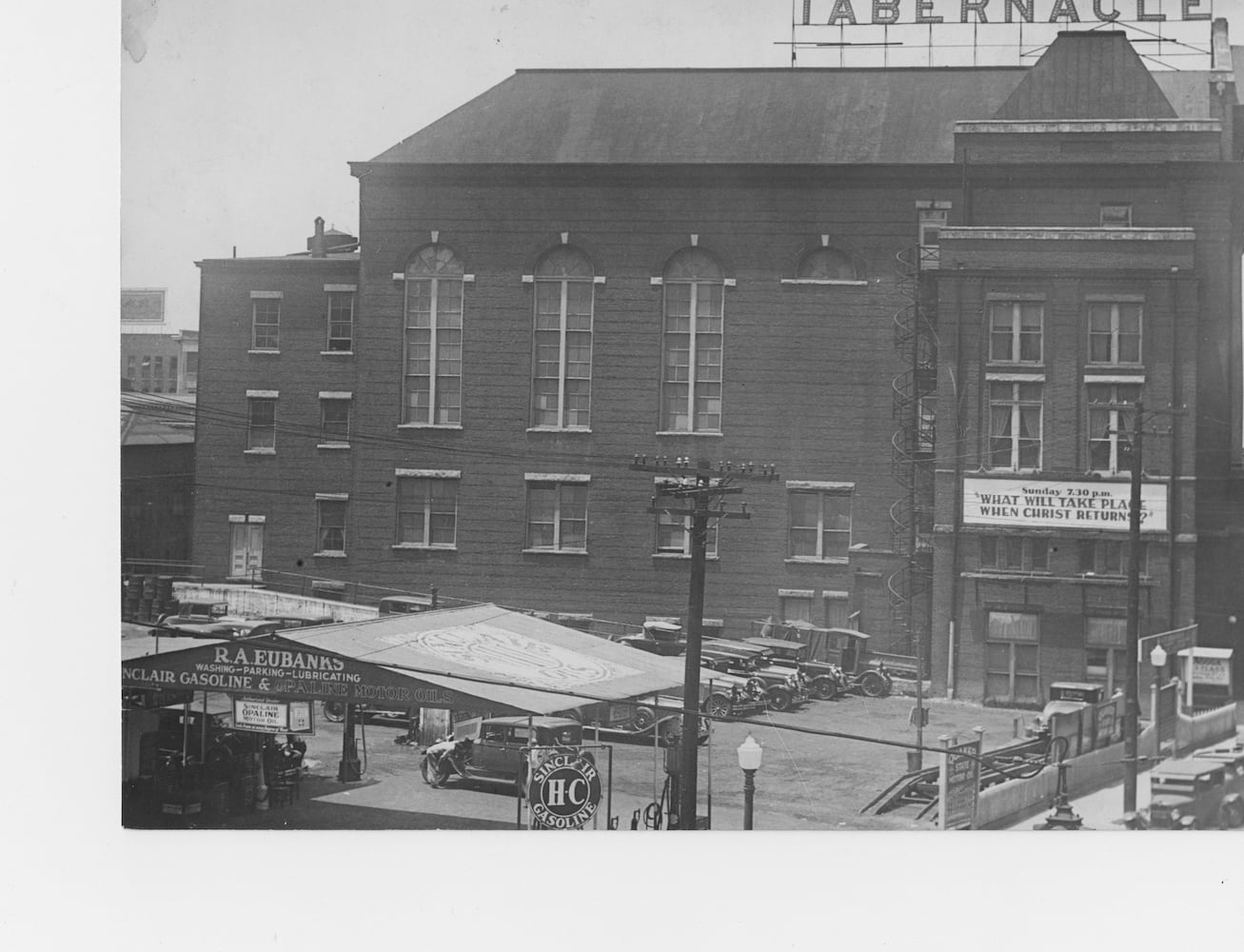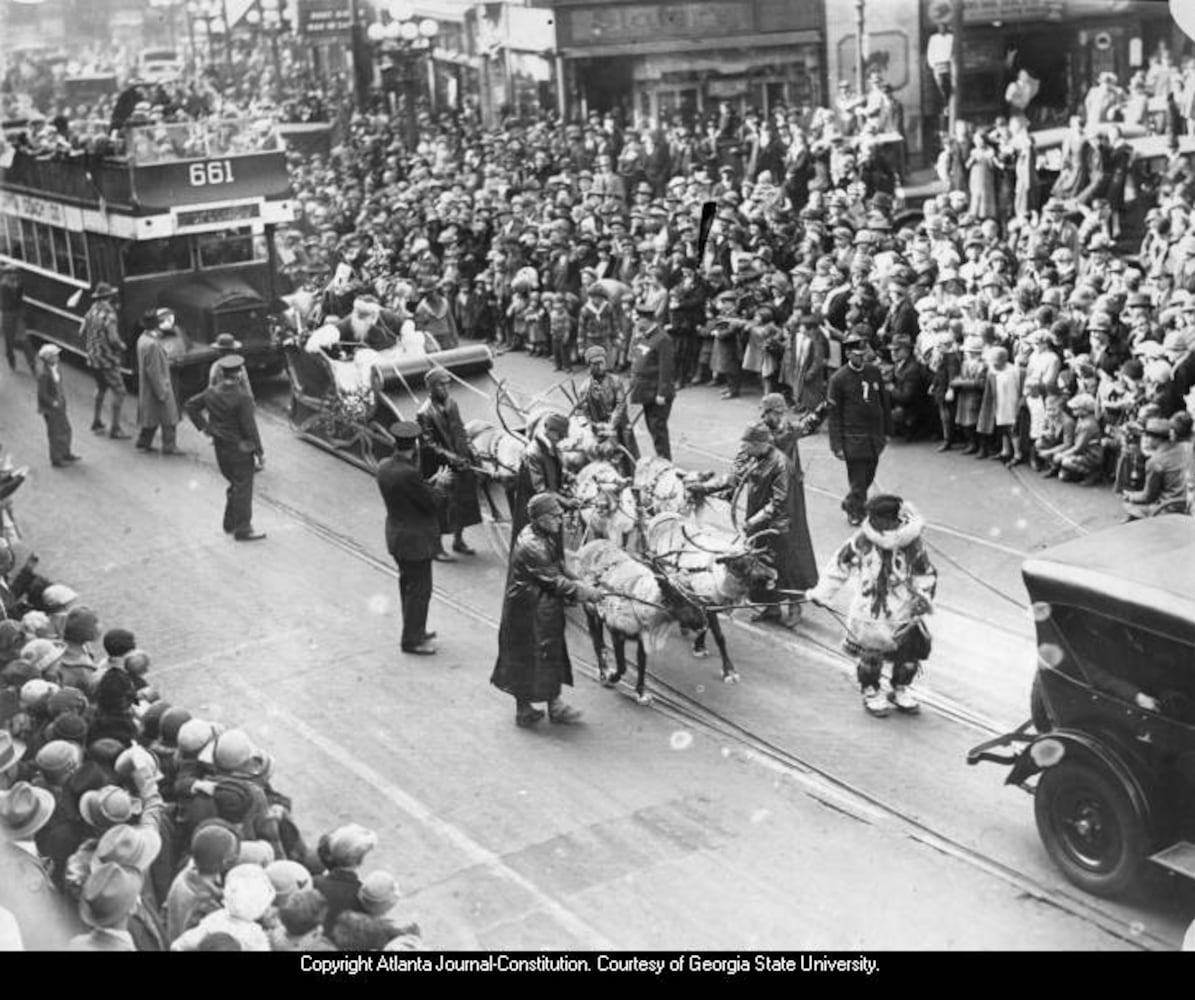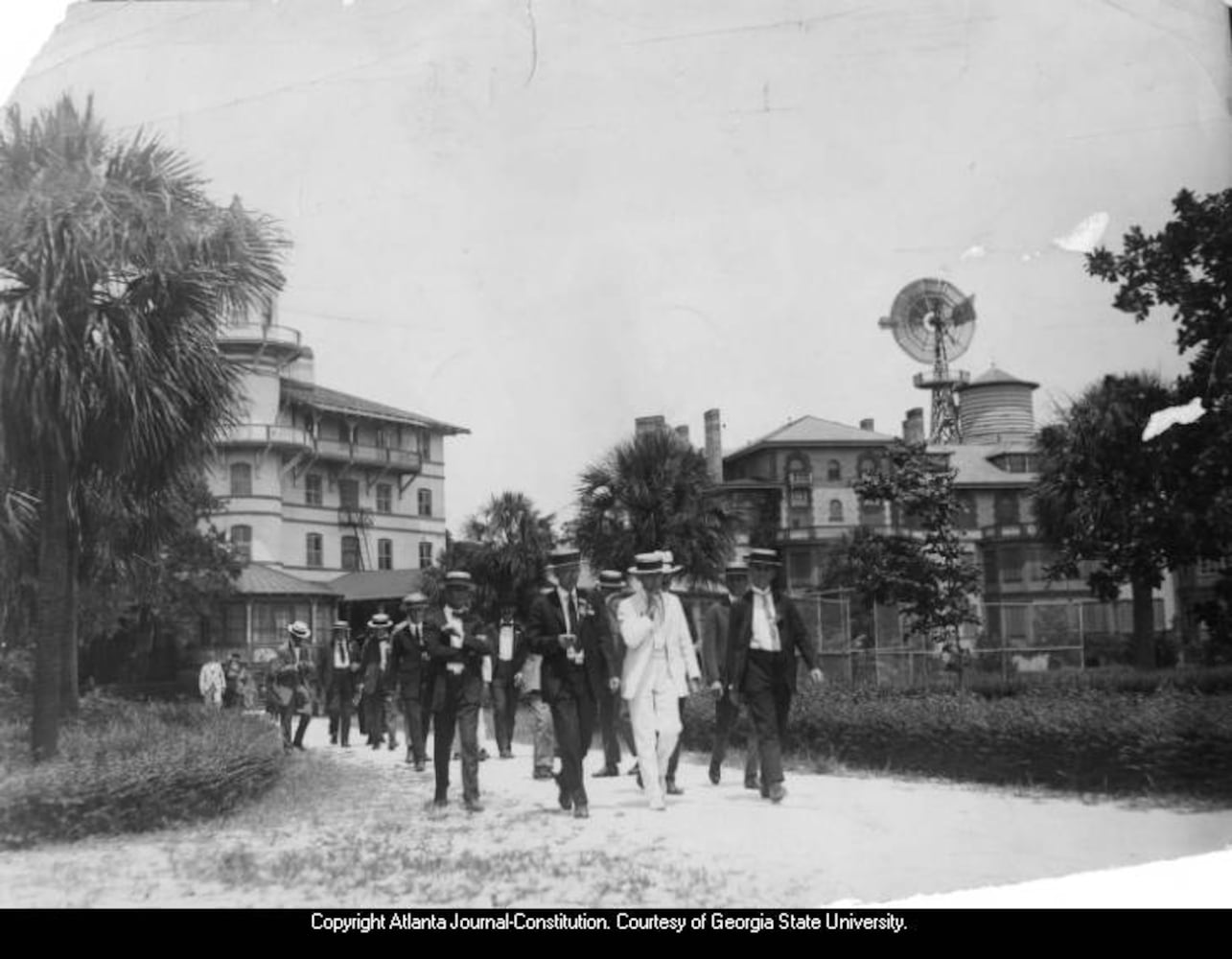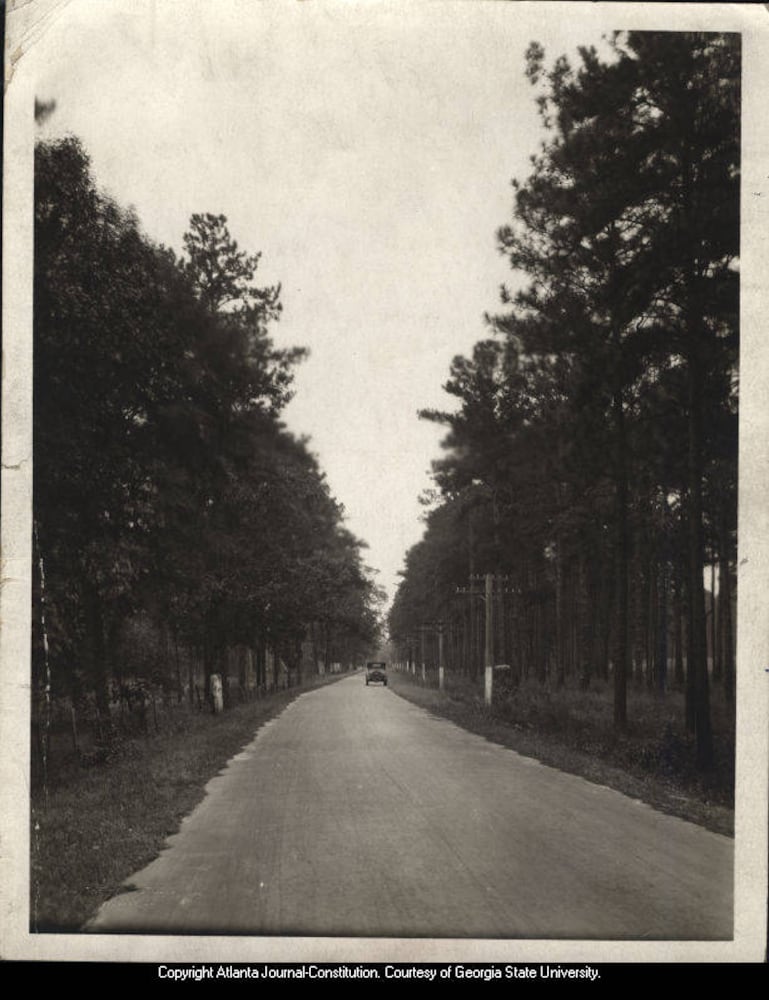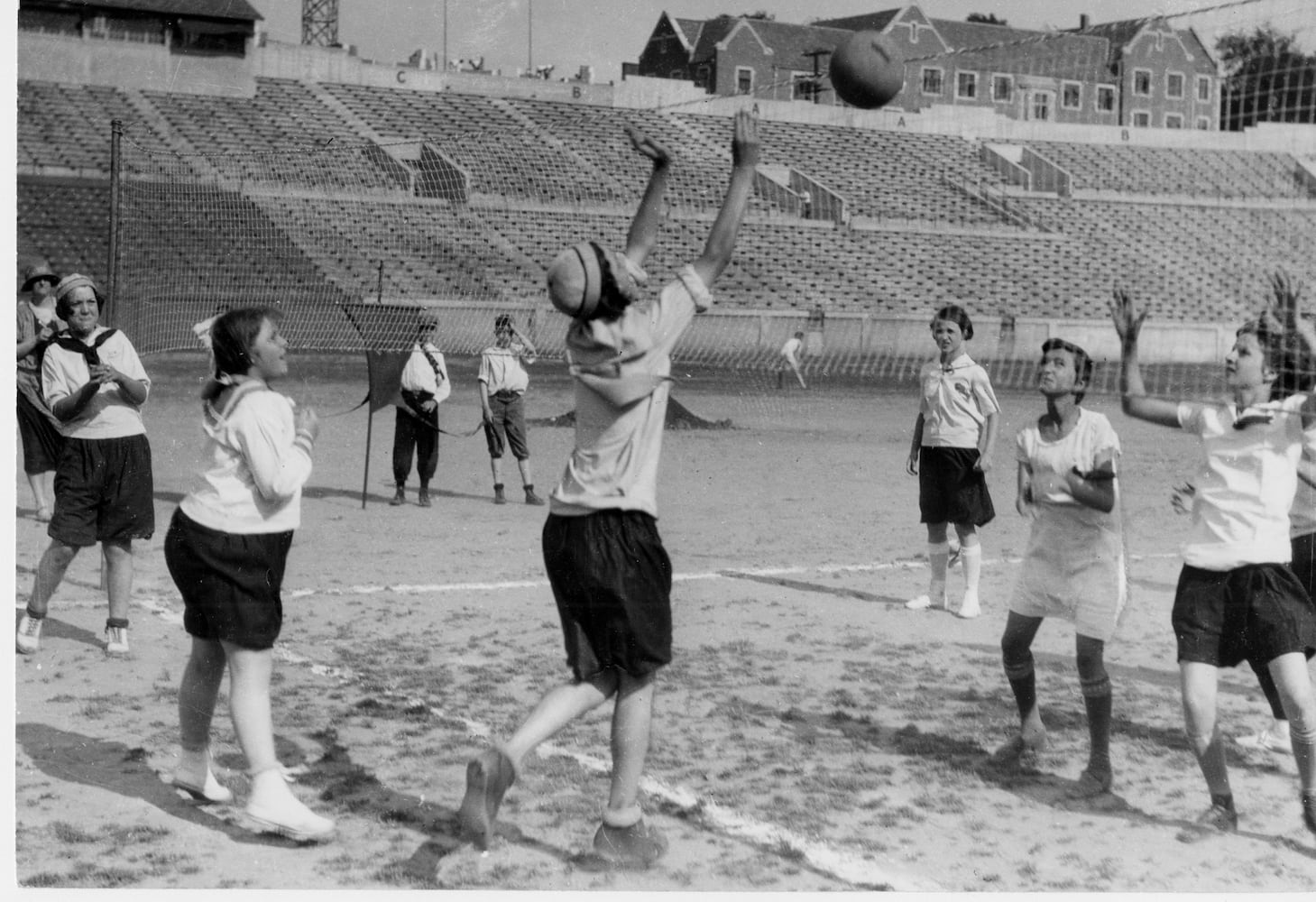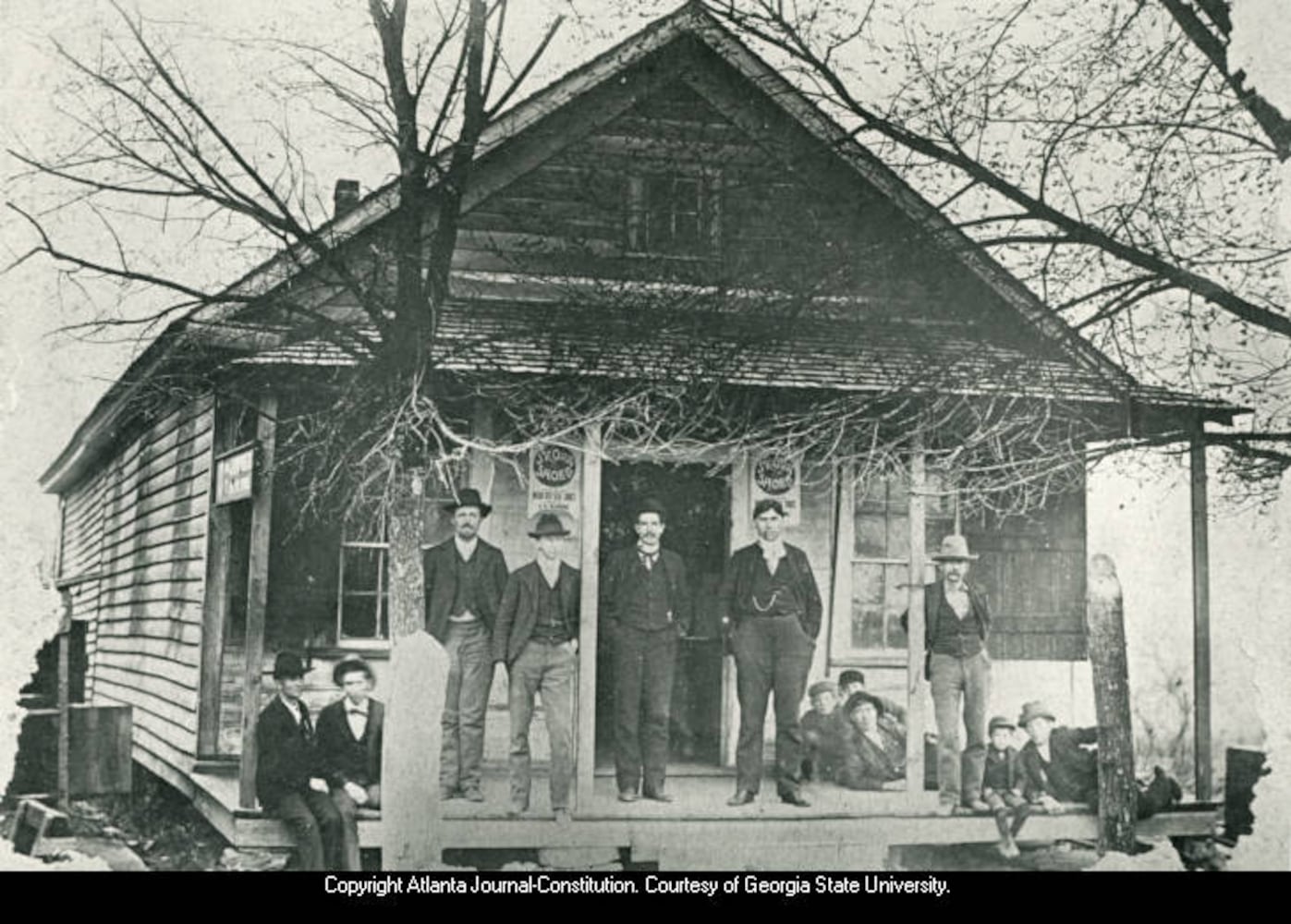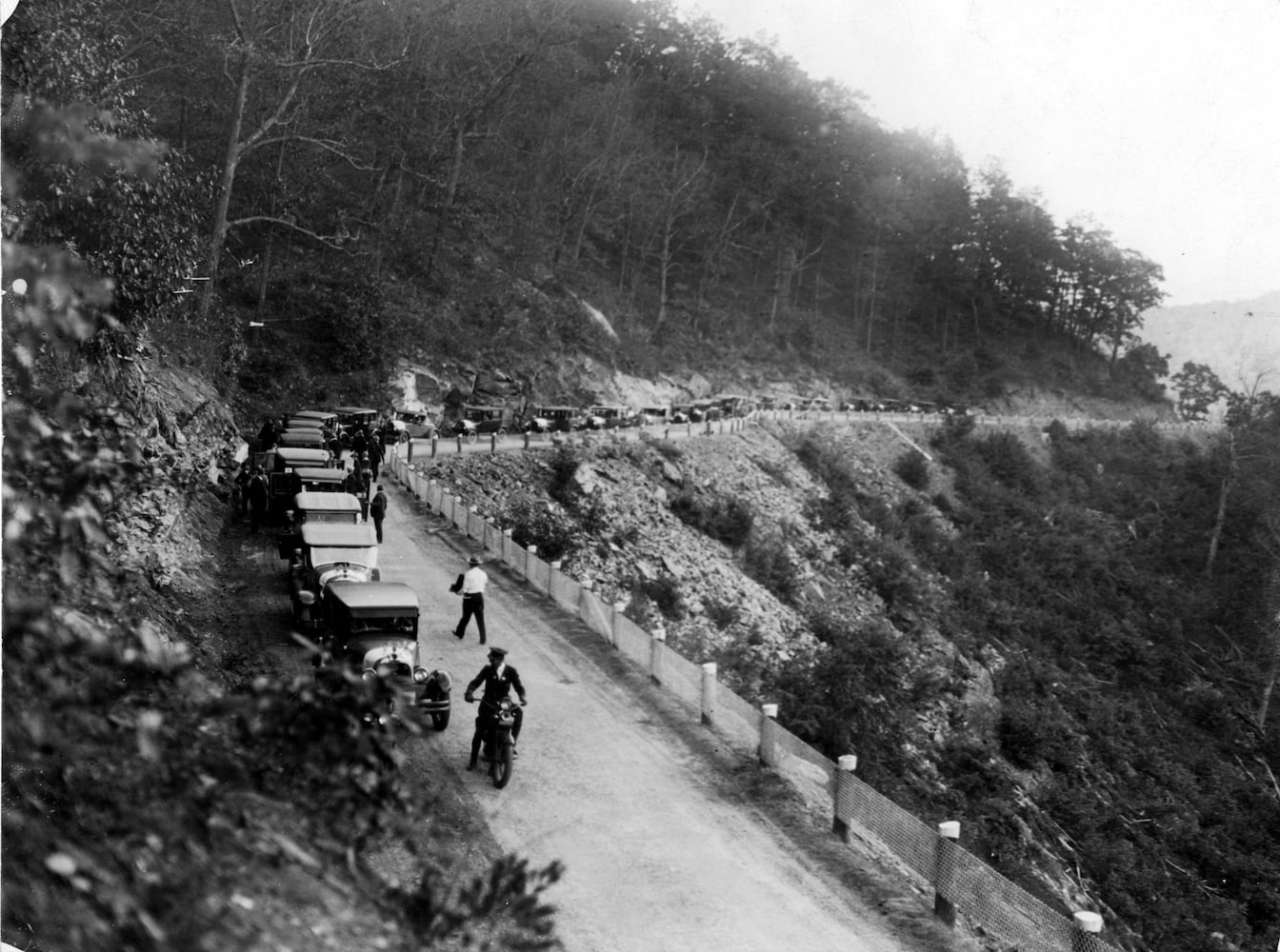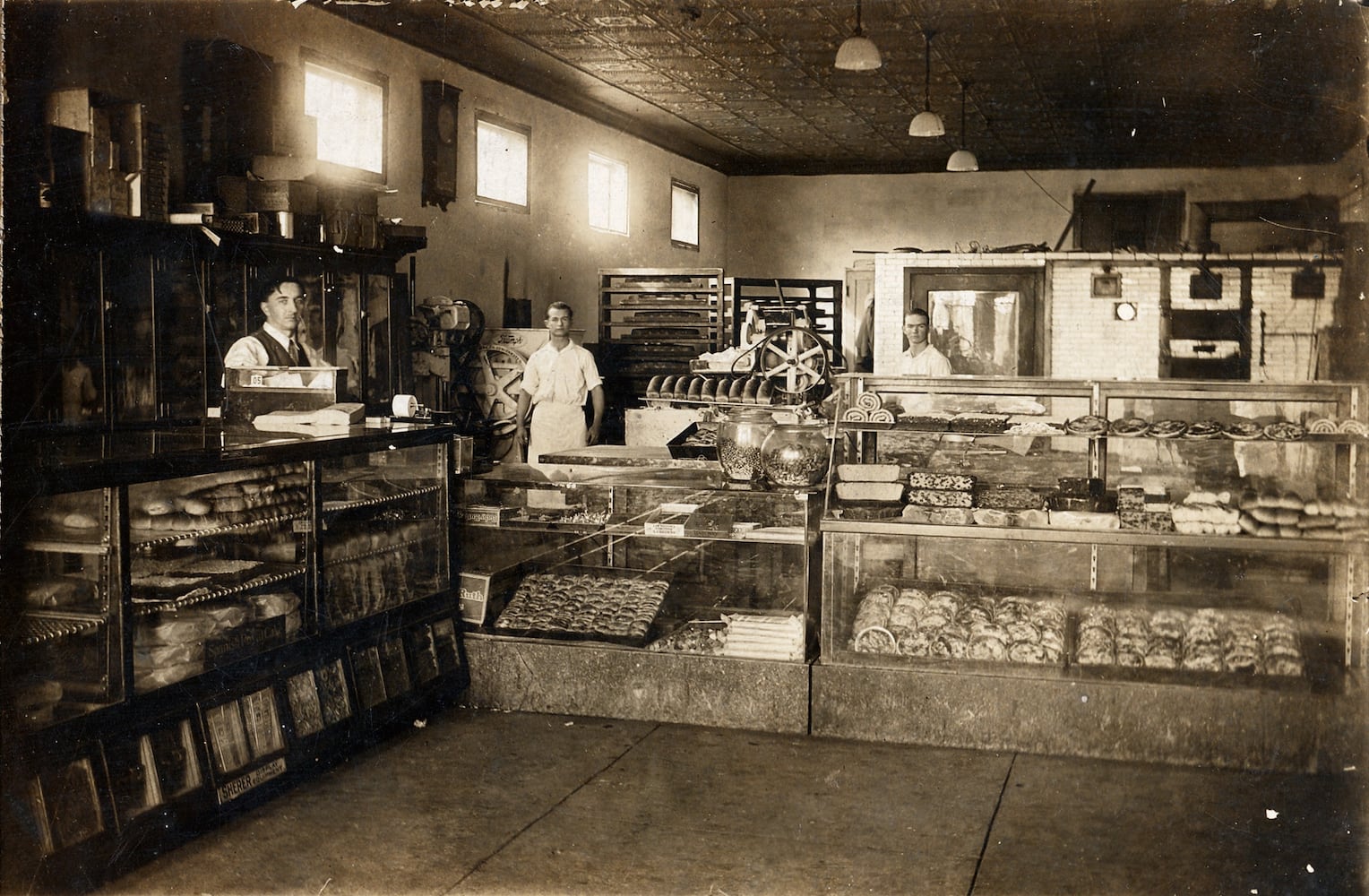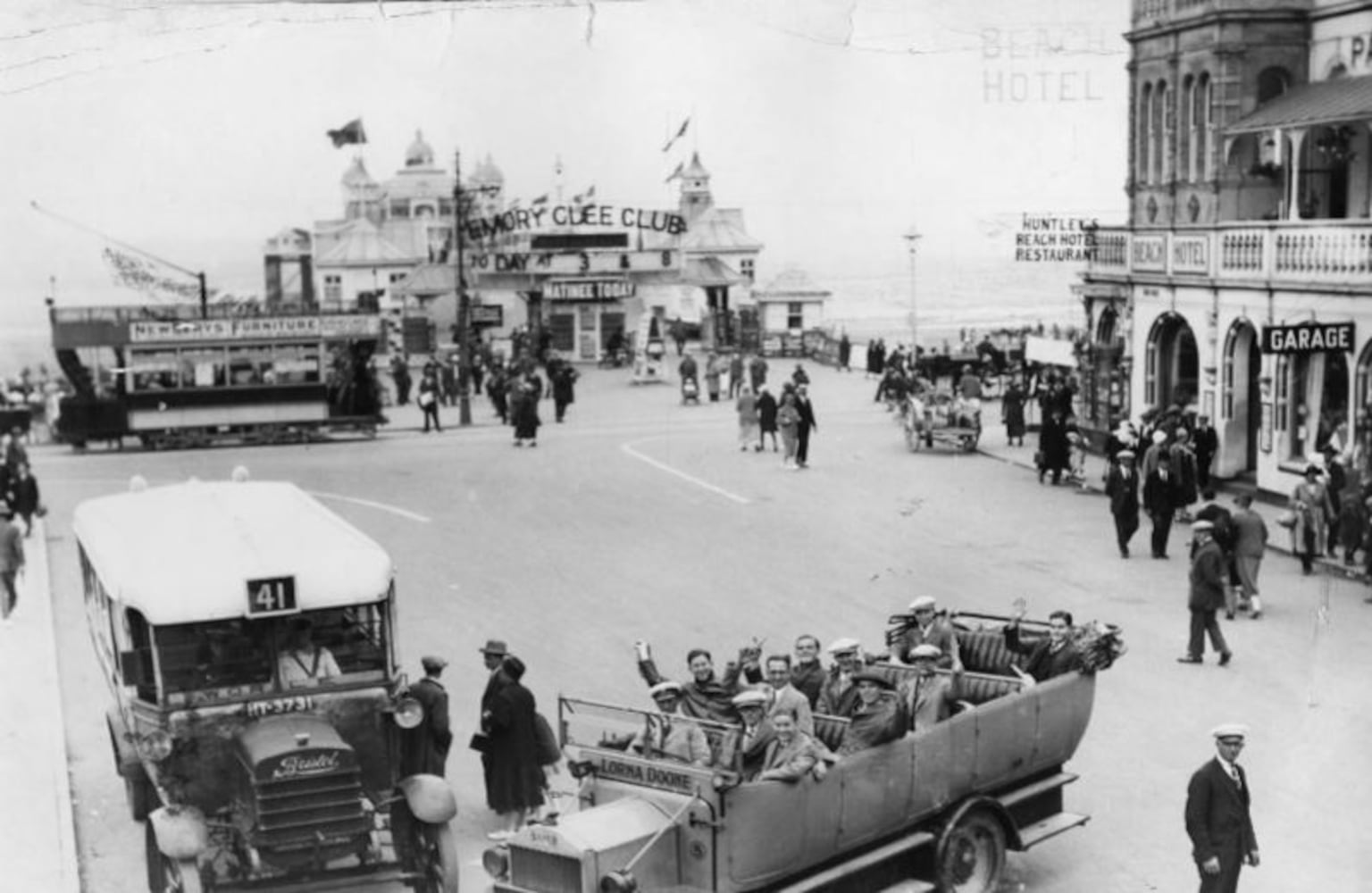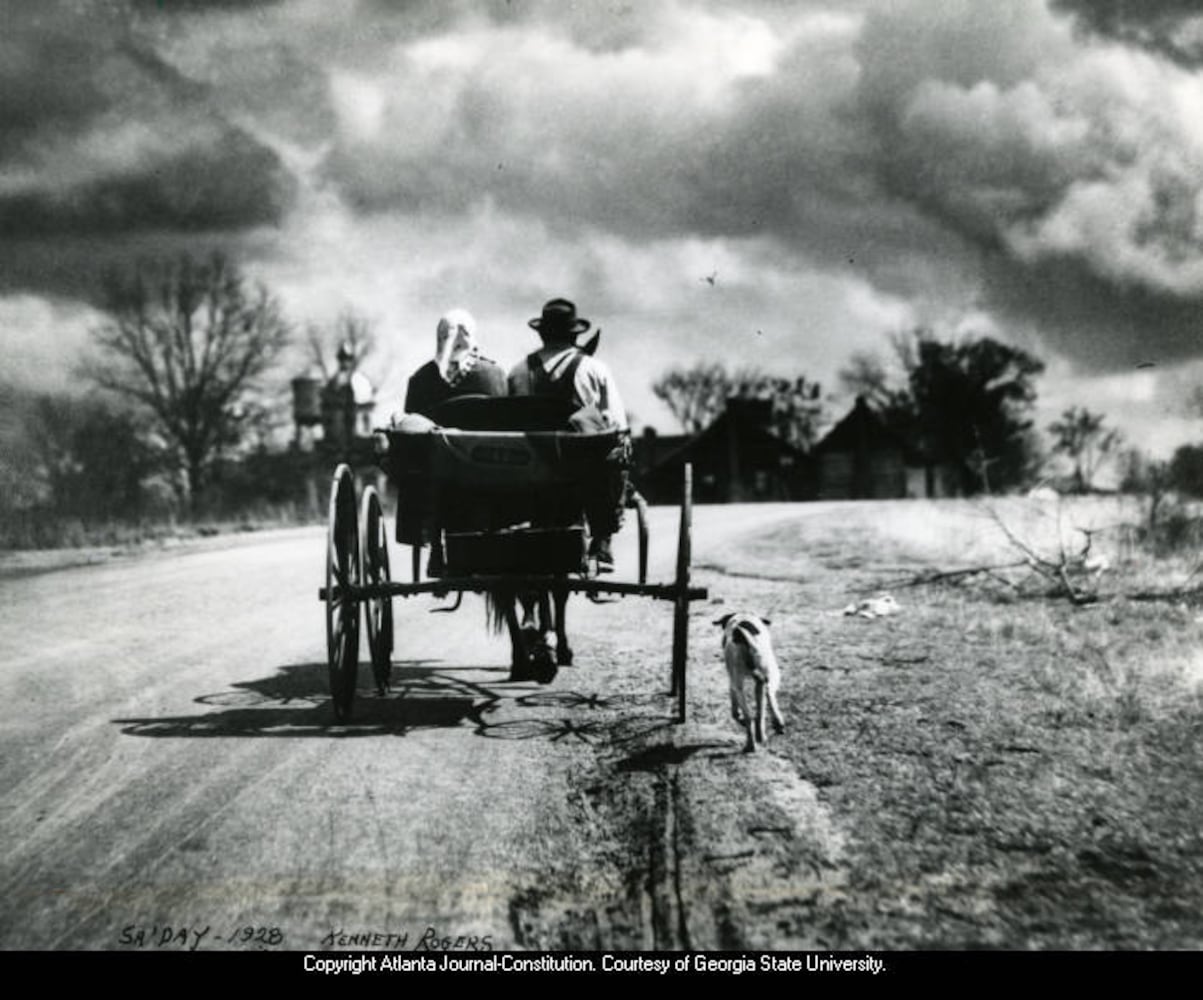Lake Midtown, West Peachtree River, the Aquapocalypse on 11th Street?
You won’t find these mythical bodies of water on a map, but they’ve been heard in the jokes of Atlantans past and present who’ve occasionally been left high and dry by a city with a history of water main breaks.
Atlanta residents and businesses recently left without water relived a recurring misery. Just a few blocks, and about 100 years, removed from the recent broken main break, temporary disaster had struck before.
In the October 30, 1929, Atlanta Journal, reporters delivered good news and bad. Revelry was in the air as WSB radio prepared to broadcast “the familiar strains of Georgia Tech’s famous football marching song, ‘Ramblin’ Wreck’” to a national audience. Halloween was the next day, but more frightening was the water main break at Spring Street and 14th Street.
Credit: AJC Print Archives
Credit: AJC Print Archives
“One of the city’s largest mains ‘blew up’ and flooded the vicinity, shutting off the water supply for about an hour,” the Journal reported. “Approximately 100 square feet of street paving on Spring Street was undermined and washed out.”
There was, the Journal said, the usual shutting off of valves, opening of others and hustling to fix the problem. Although “a limited supply of water was thus made available... the regular flow throughout practically all of the city was affected.”
If West Peachtree became an impromptu river during the past week’s water main break, Spring Street was Lake Midtown back in 1929. At least temporarily.
“Thousands of gallons poured through the break, and the intersection of the streets was deep in water for a time,” the Journal noted.
This being Atlanta, even during the days when the automobile was still somewhat newfangled, the inevitable rubbernecking began, adding to the misery.
“Traffic was rerouted and police were called out to keep spectators back,” according to the Journal.
Credit: AJC Print Archives
Credit: AJC Print Archives
With taps going dry, citizens let loose their frustration on city officials, albeit without the benefit of social media postings or even local TV coverage, which WSB didn’t bring to town until 1948. Still, Atlantans of nearly a century ago could thank the late Alexander Graham Bell for giving them the means to contact the folks in charge.
“Hundreds of telephone calls poured into the city hall seeking the reason for the stoppage of water supply,” the Journal reported.
ABOUT DEJA NEWS
In this series, we scour the AJC archives for the most interesting news from days gone by, show you original articles and update the story. If you have a story you’d like researched and featured in AJC Deja News, send an email with as much information as you know.
About the Author
Keep Reading
The Latest
Featured
